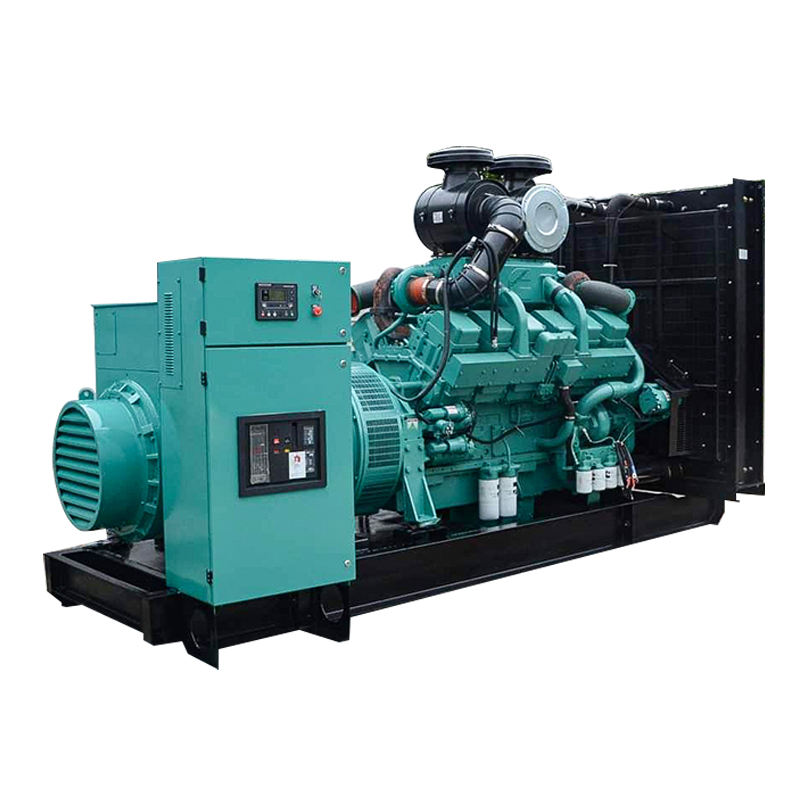Introduction: The Importance of Backup Power
Have you ever experienced a power outage that left you in the dark, without heat or air conditioning, and unable to use your appliances? In today's world, having a reliable source of backup power is more important than ever. Two popular options for backup power are portable and standby generator sets. But which one is right for your needs? In this article, we'll explore the pros and cons of each type and help you make an informed decision.
Portable Generators: Pros and Cons
Portable generators are compact, lightweight, and easy to transport. They're an excellent choice for camping trips, tailgating parties, or powering tools on a job site. Here are some of the benefits and drawbacks of portable generators:
Benefits
Drawbacks
- Noisy: Portable generators can be quite loud, which may be a problem if you're using one in a residential area.
- Requires manual operation: Unlike standby generators, portable generators must be manually started and fueled during a power outage.
- Limited power output: Portable generators typically have lower power outputs than standby generator sets.
Standby Generators: Pros and Cons
Standby generators, also known as automatic backup generators, are permanently installed outside your home or business. They provide automatic power during a power outage, ensuring that your essential systems and appliances remain operational. Here are some of the benefits and drawbacks of standby generators:
Benefits
- Automatic: Standby generators automatically turn on during a power outage, providing seamless backup power.
- Quiet: These generators are designed to operate quietly, which is ideal for residential use.
- High power output: Standby generators can provide enough power to run your entire home or business.
Drawbacks
- Expensive: Standby generators are typically more expensive than portable generators, both in terms of upfront cost and installation fees.
- Requires professional installation: Standby generators must be installed by a licensed professional, which can add to the overall cost.
- Less portable: While standby generators can be moved, they are not designed to be transported like portable generators.
Choosing the Right Generator for Your Needs
So, how do you decide which type of generator is right for you? Here are some questions to consider:
What is your budget?
If cost is a major concern, a portable generator may be the better option. However, keep in mind that standby generators offer more convenience and higher power output, which may be worth the extra investment if you can afford it.
What do you need to power?
If you only need to power a few devices or appliances during a power outage, a portable generator may be sufficient. However, if you need to power your entire home or business, a standby generator is likely the better choice.
Do you want automatic backup power?
If you want the peace of mind that comes with knowing your backup power will kick in automatically during a power outage, a standby generator is the way to go. However, if you're willing to manually start and fuel a generator during an outage, a portable generator may be a more cost-effective option.
Conclusion: Making an Informed Decision
When it comes to choosing between portable and standby generator sets, there's no one-size-fits-all answer. The right choice depends on your specific needs, budget, and preferences. By considering the pros and cons of each type and asking yourself the right questions, you can make an informed decision and choose the generator that's best for you. So, whether you opt for a portable generator or a standby generator, you'll be well-prepared for the next power outage.





